The thyroid is a butterfly-shaped gland in the middle of the neck, located below the larynx (voice box) and above the clavicles (collarbones). The thyroid produces two hormones, triiodothyronine (T3) and thyroxine (T4), that regulate how the body uses and stores energy (also known as the body’s metabolism).
The thyroid is controlled by a gland in the brain, known as the pituitary. The pituitary produces thyroid-stimulating hormone (TSH), which stimulates the thyroid to produce T3 and T4.
Hyperthyroidism is the medical term for an overactive thyroid (hyper = excessive). In people with hyperthyroidism, the thyroid gland produces too much thyroid hormone. When this occurs, the body’s metabolism is increased, which can cause a variety of symptoms.
Hypothyroidism is a condition in which the thyroid gland does not produce enough thyroid hormone. It is the most common thyroid disorder.
To learn more about thyroid disease, please go to our Education section.
